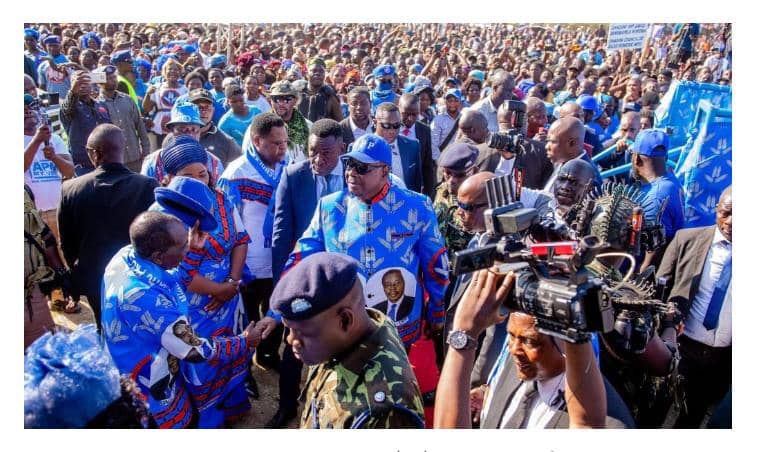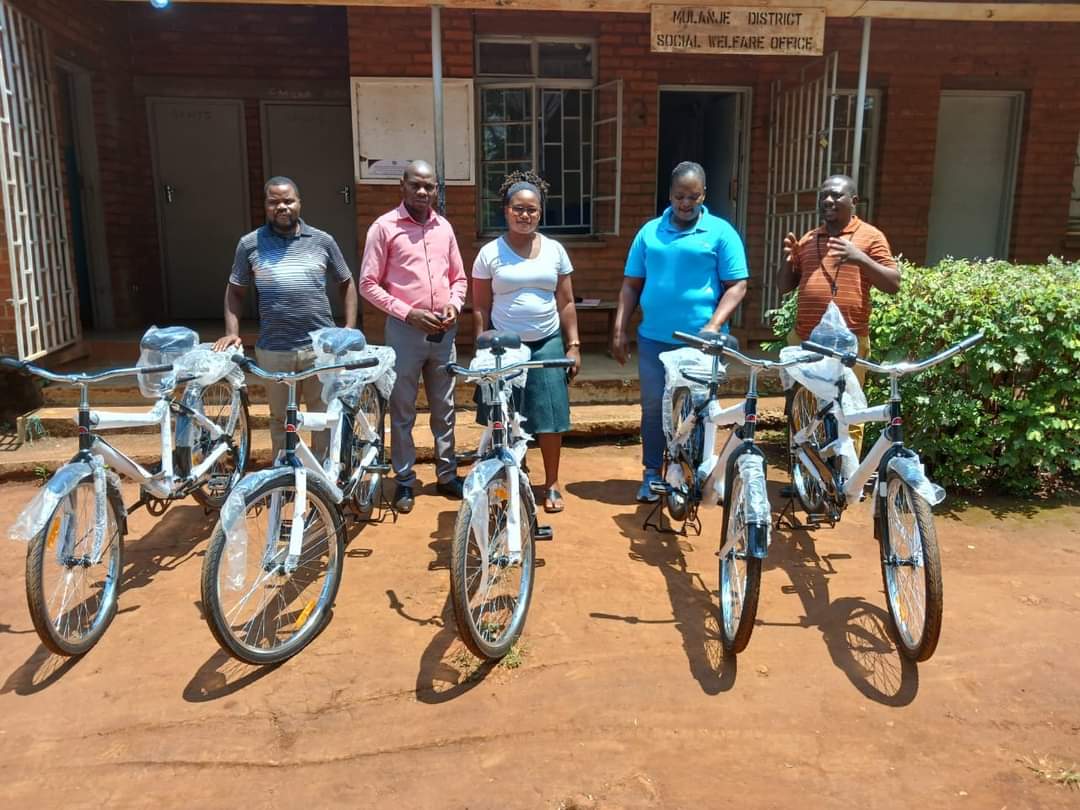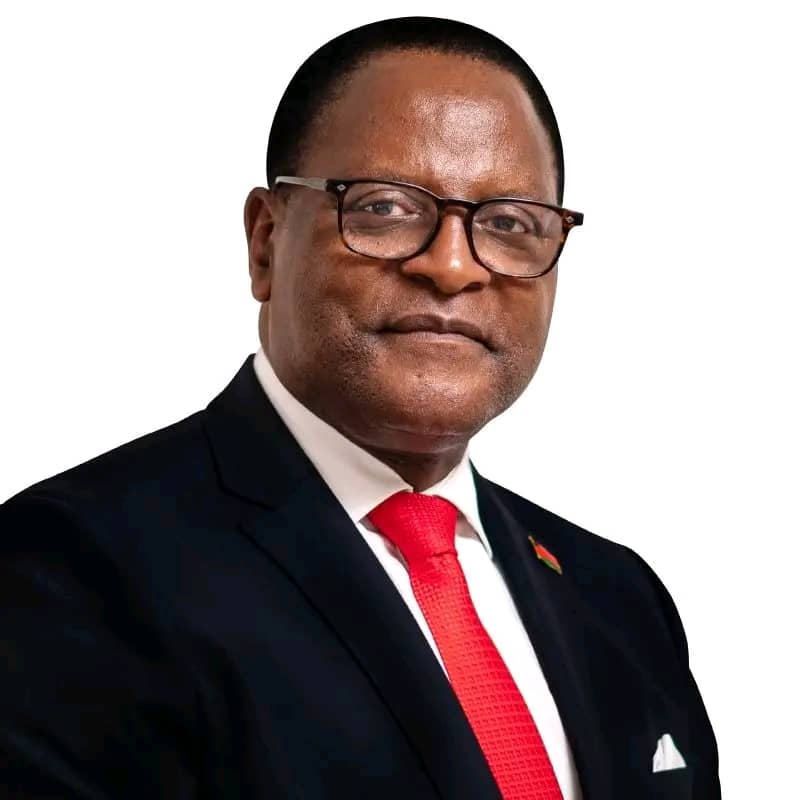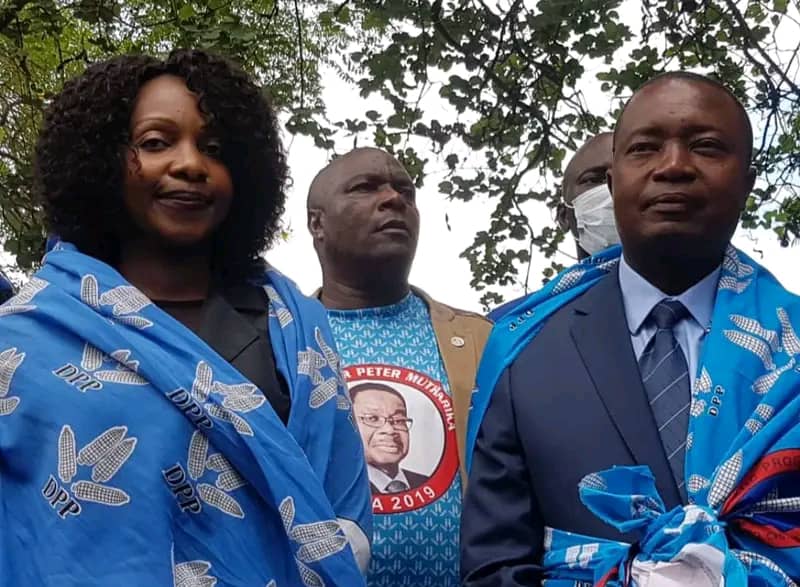Reliance on independents and smaller parties could shape legislative success and test governance under President-elect Peter Mutharika
By Burnett Munthali
Final results of 224 constituencies declared by the Malawi Electoral Commission (MEC) last night show that the Democratic Progressive Party (DPP) has secured 77 seats.
However, the party falls short of a dominant majority in the 229-member Parliament.
The results of the parliamentary race in the September 16 General Election indicate that independents trail DPP with 71 seats.
The immediate-past governing Malawi Congress Party (MCP) follows with 53 seats.
The UTM Party won eight seats.
The People’s Party (PP) and the Alliance for Democracy (AFORD) secured three seats each.
Meanwhile, the Freedom Party (FP), National Democratic Party (NDP), and People’s Development Party (PDP) secured one seat each.
From the results, which exclude five constituencies, DPP has fallen short of the 115 seats needed for a simple majority.
This situation suggests that President-elect Peter Mutharika’s administration will need to engage in strategic partnerships and coalition-building to secure the legislative support necessary to advance its agenda.
MEC chairperson Annabel Mtalimanja, who announced the results around midnight at the National Tally Centre at Bingu International Convention Centre in Lilongwe, said the commission had met the 14-day legal deadline after reviewing and resolving all disputes.
“The parliamentary elections were free and fair and the results are a true reflection of the will of the people,” she declared.
Mtalimanja, who is a judge of the High Court of Malawi, further said that in line with electoral law, the commission reviewed void votes in several constituencies where the total could affect outcomes.
The constituencies included Mzimba South East, Nkhata Bay Central, Mchinji South West, Salima South, and Lilongwe Msinja North.
She said while the process corrected results in some areas, the case of Lilongwe City Bwaila was different.
In that constituency, irregular handling of void votes by the returning officer constituted serious misconduct, making it impossible to determine a clear winner.
As a result, she said, the election there has been nullified, with a by-election to be held at a later date.
Mtalimanja also reported that all complaints lodged during polling and tallying were reviewed and determined, with outcomes recorded in the Malawi Government Gazette, the official publication of the government.
She said aggrieved parties still have the right to file petitions in the High Court within seven days, but reaffirmed that the commission stood by its results.
Constituents in Blantyre West, Dedza Mtakakata, Lilongwe Mtandire-Mtsiriza, and Nkhotakota Liwaladzi will have to wait until MEC sets dates for by-elections to choose their representatives.
Commenting on the results, Political Science Association spokesperson Mavuto Bamusi said the elections were competently handled by MEC, aided by state security, civil society, and party agents.
He commended the Malawi Defence Force for safeguarding ballot distribution and polling day security.
Bamusi added that a strong observer presence enhanced transparency throughout the electoral process.
On the outcome, he noted that DPP’s slight numerical advantage gives it room to push legislation aligned with its manifesto.
However, he warned that the lack of a working majority could be problematic if MCP mobilizes other opposition parties.
Rights and governance advocate Robert Mkwezalamba said MEC’s use of election management devices alongside manual checks eased public anxiety.
He noted that many results were already known even before official announcements, increasing public confidence in the process.
Attention now shifts to the local government elections, whose results must be declared within 21 days of polling.
MEC has indicated that these results will be released within the next seven days.
Analysis: Potential coalition dynamics
With DPP falling short of a simple majority, the party will likely need to form alliances with independents and smaller parties to secure stable parliamentary support.
Negotiations may involve offering policy concessions, committee leadership positions, or ministerial appointments in exchange for loyalty and support in key votes.
Independent MPs could play a kingmaker role, giving them disproportionate influence over legislative priorities and budget allocations.
Smaller parties such as UTM, PP, AFORD, FP, NDP, and PDP could also leverage their positions to extract commitments on constituency development projects or political appointments.
While coalition-building can ensure legislative functionality, it may also require compromises that dilute DPP’s policy agenda or slow decision-making on urgent national issues.
The lack of a clear majority increases the likelihood of issue-based alliances, where DPP will need to negotiate support for each bill rather than relying on automatic party loyalty.
This dynamic could empower opposition forces, particularly MCP, to influence legislative outcomes despite their numerical disadvantage.
The success of DPP’s administration will therefore hinge on its ability to manage relationships with independents and smaller parties, maintain internal party cohesion, and anticipate potential defections during critical votes.
Coalition management, transparent governance, and strategic policy negotiation will be essential to ensure the administration can govern effectively without being paralyzed by parliamentary gridlock.
In conclusion, the parliamentary results highlight that while DPP has emerged as the largest party, its reliance on partnerships underscores the collaborative and often unpredictable nature of Malawi’s multiparty politics.




